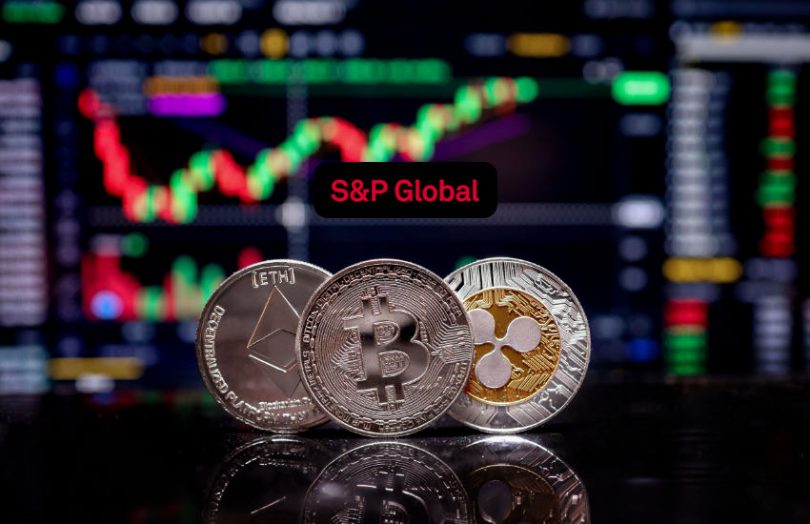A report published by S&P Global concludes that stablecoins are more volatile than pegged fiat currencies. The report published today, ‘A Deep Dive Into Crypto Valuation‘, is timely given that this is one of crypto’s more volatile weeks of late, following the FTX exchange‘s need for a bailout. The paper mainly explores volatility and compares digital assets such as Bitcoin to other cryptocurrencies, large cap stocks and gold.
Stablecoins more volatile than pegged fiat currencies
S&P Global compares three dollar-pegged stablecoins, Tether, USDC and DAI, and the Hong Kong Dollar (HKD), a fiat currency also pegged to the U.S. dollar. The HKD is significantly less volatile.
The comparison shows that the DAI was highly volatile a couple of years ago, but that has since declined, and of late, it is more stable than Tether. That’s because the DAI was previously mainly backed by cryptocurrencies such as ETH, which now only makes up a small proportion of reserves. Instead, the majority of current reserves are other stablecoins, especially USDC.
Crypto not correlated with stocks
One of the report’s contrarian findings is that cryptocurrencies do not correlate with stocks, although the comparison was from 2018 to 2022.
On the other hand, it observes the widely known fact that cryptocurrencies are significantly more volatile than stocks. The volatility of each of the four cryptocurrencies – Bitcoin, Ether, Binance, XRP – has stayed above 60% in the last 30 months, with Binance and XRP showing significantly greater variations in price.
Since April 2021, XRP has been the most volatile crypto of the four that were compared. XRP also showed the most significant single day percent return. Both might be explained by sentiment over the SEC’s lawsuit against Ripple, claiming XRP is a security.
Different factors drive crypto versus stock prices
S&P Global explores the factors that impact market prices, concluding that crypto is driven by market confidence, adoption, regulations, technology, liquidity, and supply and demand. In contrast, it states that stock prices are influenced by profits, interest rates, inflation and economic policies.
Meanwhile, the S&P group has been expanding its reach in the blockchain and digital asset spaces. S&P Dow Jones Indices has launched a series of cryptocurrency indices. S&P Ratings now covers digital assets offerings. For example, it gave a rating for Compound Prime, a centralized offering based on the DeFi protocol. It also has an eye towards a tokenized future and has backed VAKT, a blockchain supply chain solution for the oil sector that plans to tokenize commodities.






